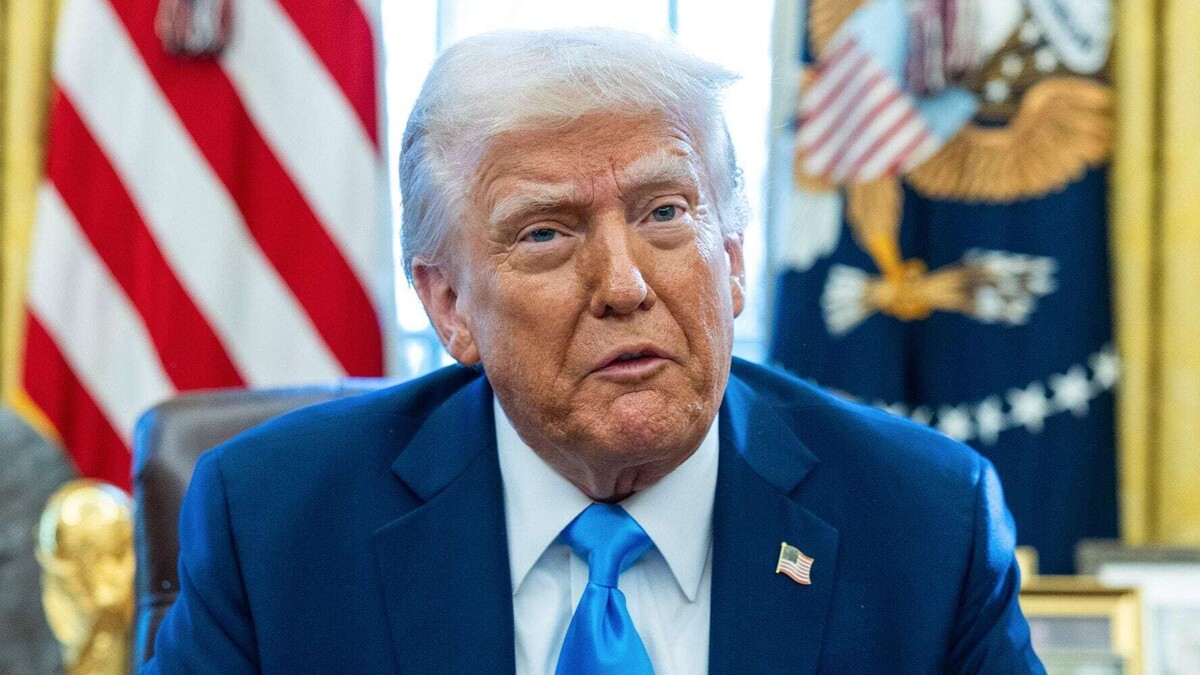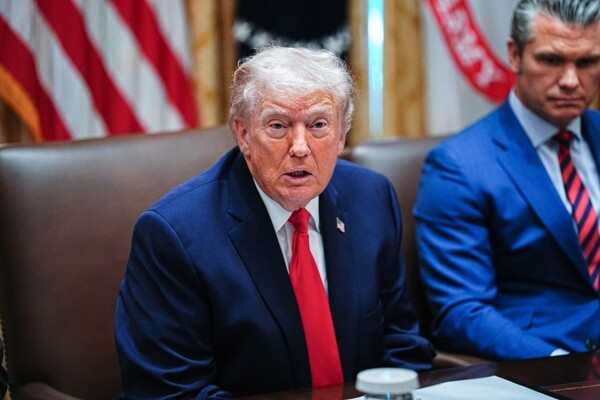
The new tariffs imposed by President Donald Trump on steel and aluminum will come into effect soon, marking a repetition of measures that he and his supporters claim, in the past, helped rescue U.S. metal manufacturers. However, this time the tariffs will directly affect more than 150 billion dollars in imported consumer products, in addition to steel and aluminum. This is expected to have a significant impact on prices and the economy.
The impact on the everyday lives of Americans will be considerable, as these new 25% tariffs will encompass products ranging from baseball bats to fishing rods, skates, and sewing needles. Major retailers like Walmart and Best Buy could also feel the impact on their sales. This strategy represents a shift in Trump's trade war tactics, now focusing on direct consumer goods rather than components.
Economists and financial experts express concern about the long-term effects of these tariffs on the U.S. economy. Consumers may face price increases and potential inflation, contradicting Trump's campaign promises. These tariffs could become unpopular, especially due to their impact on prices, despite the initial intentions to protect the domestic industry.
Economist Nirupama Rao points out that companies could use the tariffs as an excuse to further raise prices, which would directly impact consumers' wallets. This change in Trump's trade policy strategy has taken many by surprise and poses challenges both short-term and long-term. Despite intentions to protect the domestic industry, the effects could be counterproductive for the economy as a whole.














